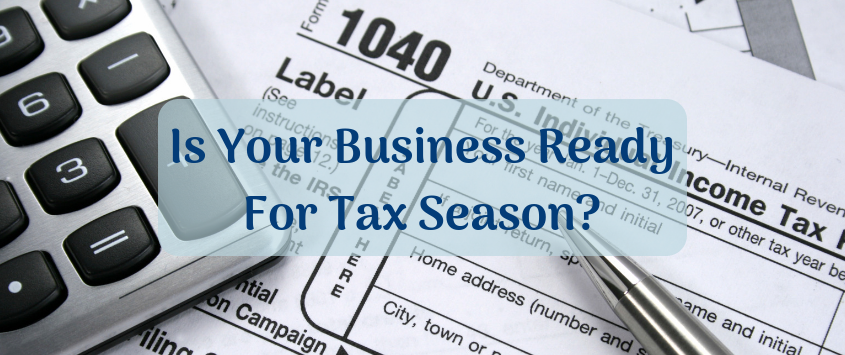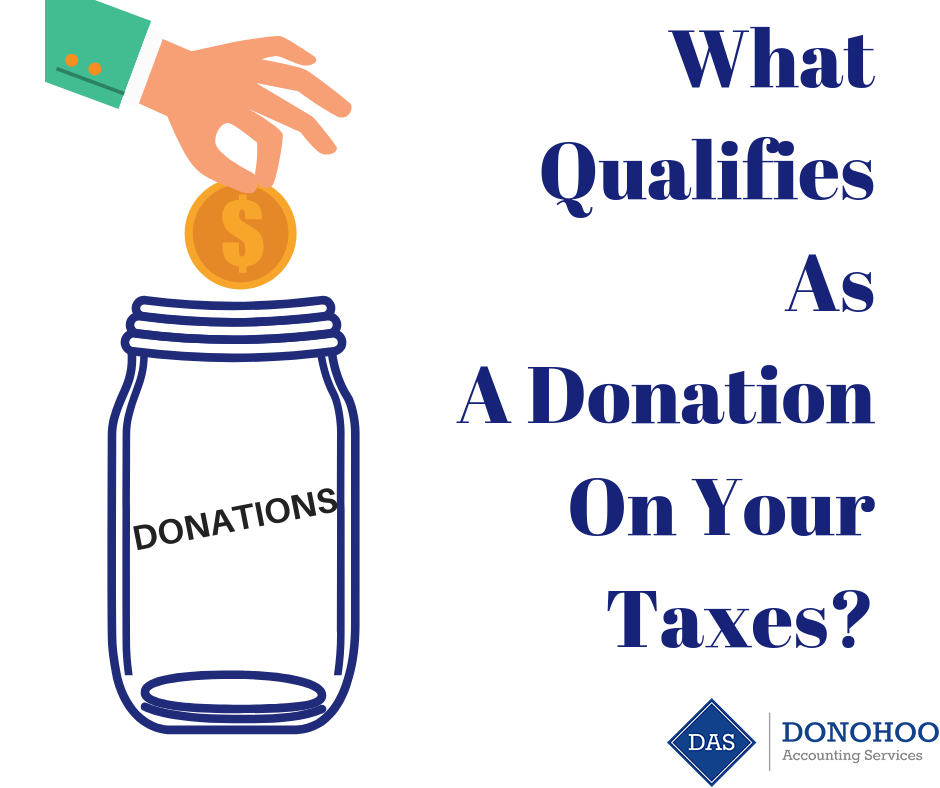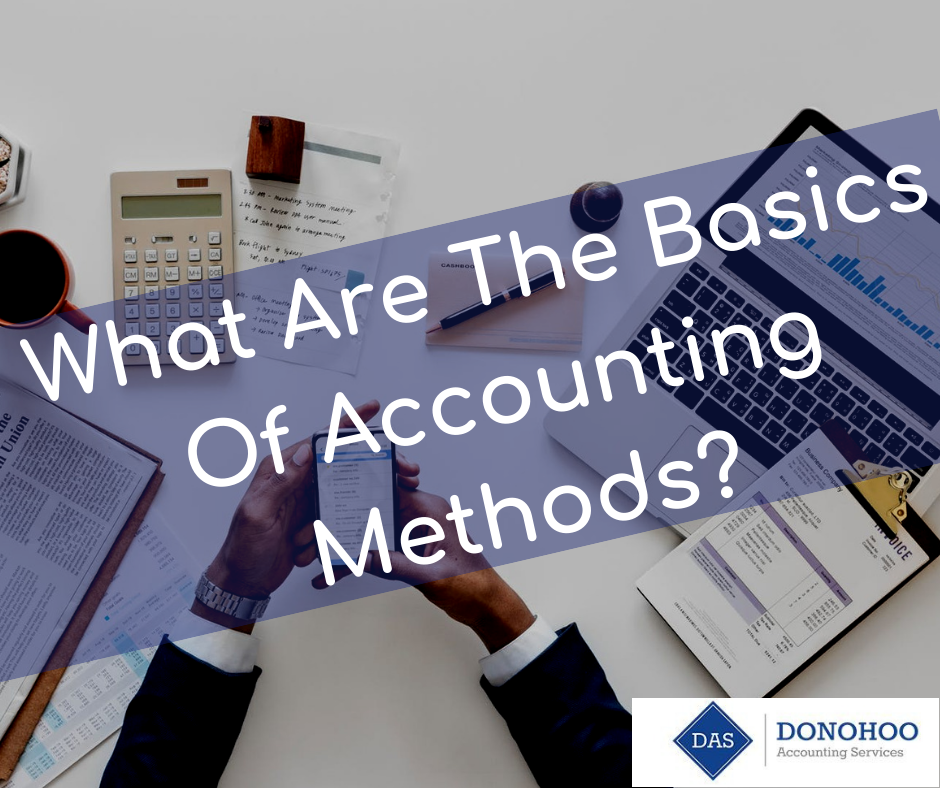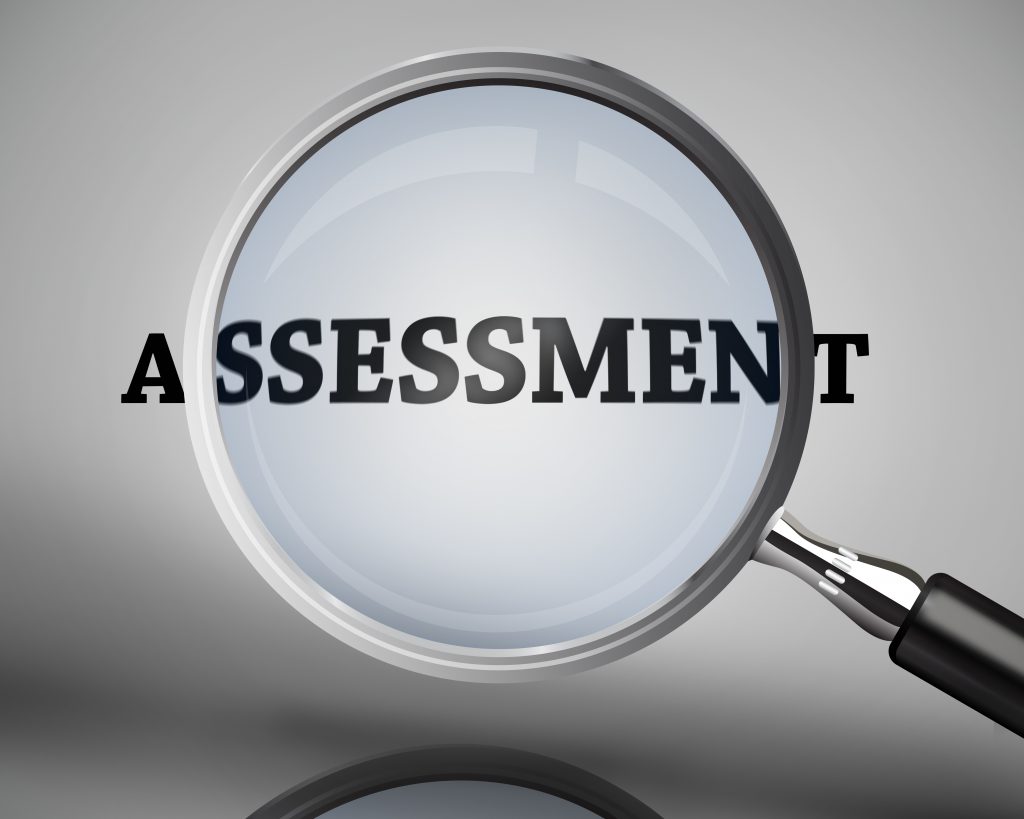What You Need to File Your Business Taxes
What could be difficult about filing this year’s business income tax return?Plenty. Not to worry though, Donohoo Accounting Services is here to help! Every business has unique ways to best prepare taxes and you’ll need an accountant to help find all your deductions, but here are some tips about the three kinds of records your accountant will definitely need.
Income/Earnings Records
Because most businesses use electronic means to capture every transaction of the sale of goods or services, income records should be easy – though perhaps voluminous – to collect. Be sure to review your business’s income records, however, to look for any obvious errors such as missing information. Complete income records should include:
• The gross amount of each individual sale,
• Any returns or discounts credited against your business’s income,
• Interest earned from business bank accounts (from your year-end bank statement or Form 1099-INT) and,
• Any other income from non-sales sources.
Documentation of Expenses
Perhaps the most documentation required for your businesses tax filing falls into the category of expenses. You must account for more than a dozen different kinds of expenses on your tax form. These include all employee wages, rent or lease payments (including vehicle leases), insurance, travel, office supplies,and advertising and communications (such as telephone, fax and Internet). Additionally, within these expense categories there are sub-categories. Be sure to consult with a tax professional for a complete list of expense categories to be sure you don’t overlook any potential deductions.
Inventory Details
If your business maintains a physical inventory of goods, you will need to have documentation of your inventory totals at the beginning and end of the year along with its dollar value. As well, be sure you also have records of any inventory purchased over the course of the year. Remember to account for any inventory items that were used for business or personal needs, and the value of any supplies or materials on-hand that were purchased to operate the business. For businesses that track inventory electronically, these records should be easy to access. But again, remember to check – and correct – any errors or irregularities between your inventory records and your actual physical inventory.
The professionals at Donohoo Accounting Services have been helping small businesses file annual tax returns for more than 20 years. For a free consultation, call Donohoo Accounting today at 513-528-3982. Check us out on Facebook, Twitter and LinkedIn for our latest updates and tips!

















